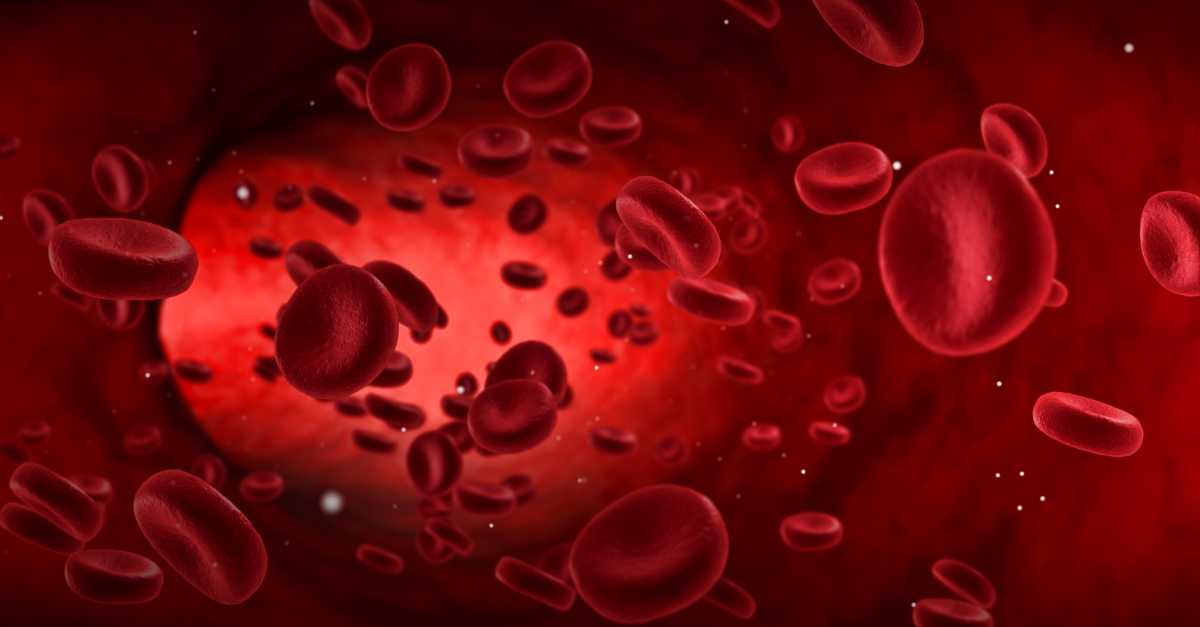HbA1c is a big topic of discussion throughout the diabetes community and we all know that we should be aiming to keep our HbA1c levels in range. The more controlled, the better. However, with the recent nationwide worry over the coronavirus, we thought it would be beneficial to highlight the importance of taking actions to control your HbA1c and the practical points of what a HbA1c reading means for your immune system.
HbA1c – the basics
As you may know HbA1c is an indicator of your average blood sugar levels over the last 2-3 months. A high HbA1c means you have consistently too much sugar in your blood, which can lead to regular episodes of hyperglycemia. This hyperglycemia is known to impair overall immunity in several different ways [1].
Your immune system and HbA1c
Neutrophils are cells that make up your immune system and help protect the body from infection, they do this by ingesting harmful particles or bacteria that have entered the body.
It has been found that when your blood sugars are persistently high, known as being in a hyperglycemic state, the activity of these neutrophils is reduced or defective [2], meaning that their job of protecting your body is delayed or inhibited. Overall, this can lead to infection and also increase severity of infections.
Hyperglycemia has also been shown to alter the inflammatory responses to infection and tissue damage [3]. Inflammatory responses again work to fight off and reduce infection, therefore through these hampered responses, it means your body is less likely to be able to fight off infection.
These chain reactions to high blood glucose levels show the importance of gaining and keeping control of your HbA1c in order to support your immune system.
Diabetes and immunity
Although having diabetes may put you at a higher risk of illness, it’s not all doom and gloom. In fact, it gives you very clear and practical goals to reach that can help you improve your immunity.
So, what can you do to reduce your HbA1c?
- Regularly monitor and control your blood glucose levels – the more you test, the more knowledge you are armed with
- Reduce foods that negatively affect your blood glucose levels, foods such as added sugars and refined carbohydrates
- Partake in regular exercise
- Manage your stress – meditation, journaling and steady exercise can all help with this
- Get enough sleep – reduce screen time before bed and implement a bedtime routine
References:
[1] Loureiro-A, T. C., Munhoz, C. D., Martins, J. O., Cerchiaro, G. A., Scavone, C., Curi, R. & Sannomiya, P. (2007). Neutrophil function and metabolism in individuals with diabetes mellitus. Brazilian Journal of Medical and Biological Research, 40(8). 1037-1044. https://doi.org/10.1590/S0100-879X2006005000143
[2] Stegenga, M. E., Van der Crabben, S. N., Blumer, R. M. E., Levi, M., Meijers, J. C. M. Serlie, M. J., … Van der Poll, T. (2008). Hyperglycemia enhances coagulation and reduces neutrophil degranulation, whereas hyperinsulinemia inhibits fibrinolysis during human endotoxemia. Blood, 112, 82-89. https://doi.org/10.1182/blood-2007-11-121723
[3] Jafar, N., Edriss, H., & Nugent, K. (2016). The Effect of Short-Term Hyperglycemia on the Innate Immune System. The American Journal of the Medical Sciences, 351(2), 201–211. doi:10.1016/j.amjms.2015.11.011





